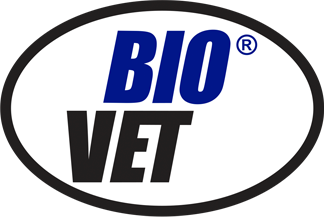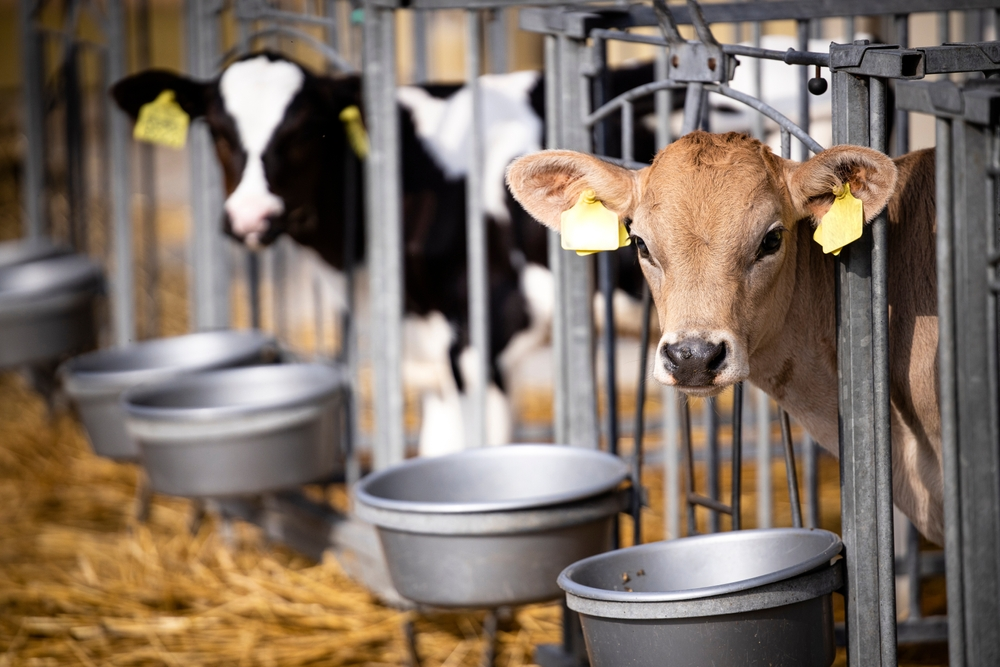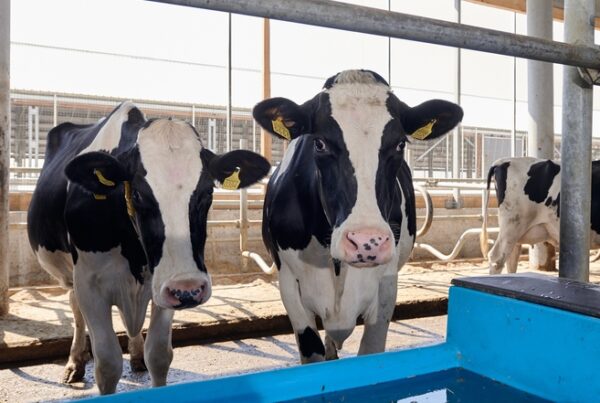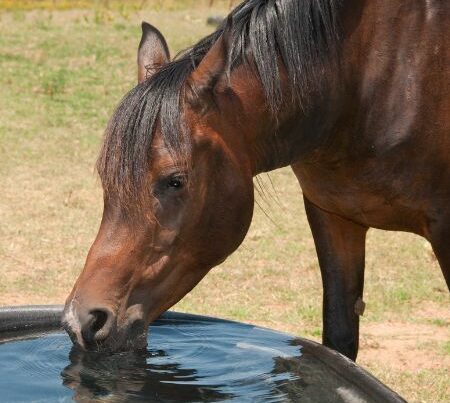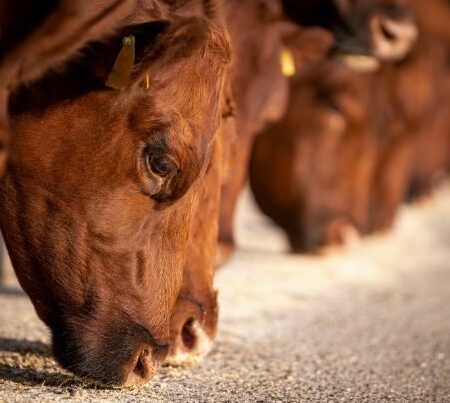Quality direct-fed microbial products that provide a balance of several functional microbial types have been used to improve calf performance for several years. Historically their benefits were believed to be due to reduction in intestinal diseases because of competitive exclusion by lactic-acid-producing bacteria, improved intake due to yeast or yeast culture, and/or supplying digestive enzymes that helped calves gain more nutrients from dry feeds at a younger age.
Recent research has improved our understanding of how the rumen of young calves develops. Papillae are the functional structure on the rumen wall that increases the absorption of volatile fatty acids produced from rumen fermentation of plant carbohydrates such as grain and forage. Once absorbed into the bloodstream, the acids are utilized as energy sources and may be converted into blood glucose. Current wisdom is that the organic acids propionate and butyrate influence the development of papillae along the wall of the rudimentary rumen. It is known that grain fermentation results in elevated levels of lactate, propionate, and butyrate being produced.
Conventional calf feeding practices often involve converting calves as quickly as possible from higher- cost milk-based feeds to lower-cost plant-based feeds. Unfortunately, plant feedstuffs are lower in digestibility than milk-based feeds. This is especially true in young calves whose enzymatic ability to digest plant materials does not develop until about three weeks of age. The result is often a calf diet that supplies only marginal amounts of energy and protein for the growing calf. Such calves are susceptible to profit-robbing diseases such as diarrhea and pneumonia.
Generator ELITE combines Propionibacteria with more classical direct-fed-microbial technologies such as lactic-acid-producing bacteria, yeast, bacterial and fungal enzymatic activity, and functional polysaccharides. Specific Propionibacteria strains are capable of converting lactate to propionate in the digestive tract. That action decreases the levels of lactate and increases the levels of propionate and could result in both a reduction in the negative impacts of lactate on calves and an improvement in blood glucose status and rumen development due to improved propionate levels.
When combined with classical cultures of direct-fed microbial products and their modes of action, Propionibacteria technology should give not only growth improvements but also health improvements by increasing the overall digestion of nutrients and altering rumen-acid load.
Author Dr. William A. Zimmer D.V.M.
